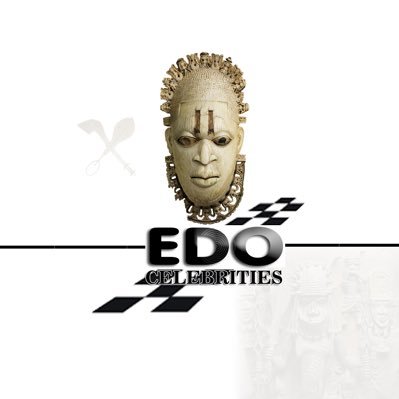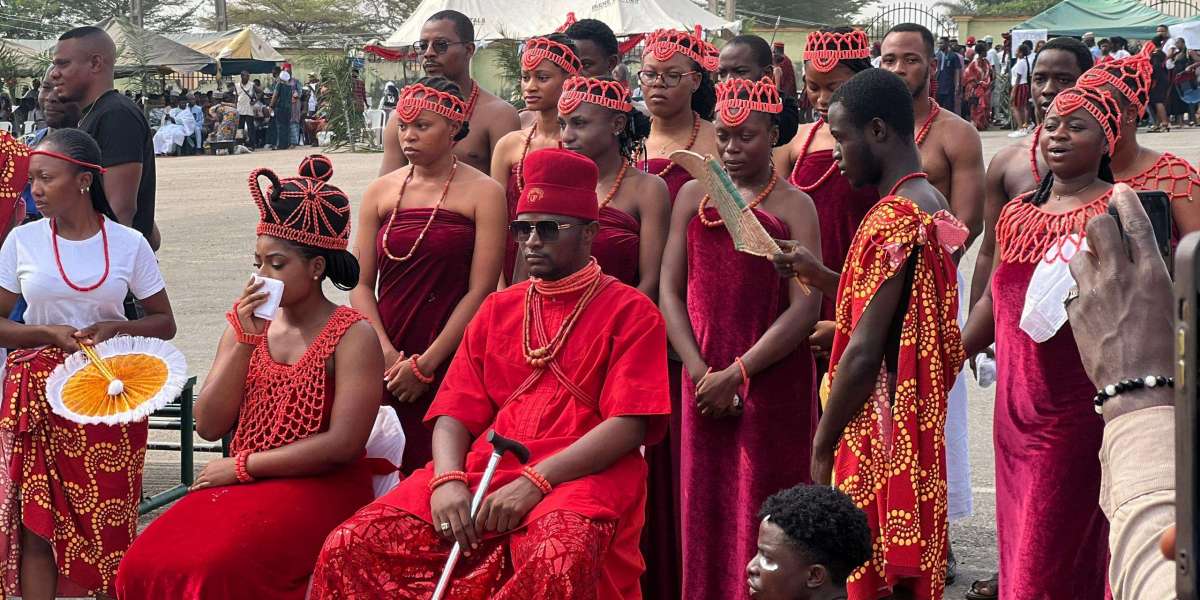The Edo people, known for their deep connection to history and royalty, have a lifestyle that blends ancient traditions with modern influences. From the majestic Benin Kingdom to everyday practices, the Edo lifestyle is rich in culture, language, food, and festivals that keep the heritage alive. In this article, we’ll explore Edo cuisine, family traditions, royal heritage, and festivals that continue to inspire admiration across Nigeria and the world.
1. The Historical Roots of Edo Lifestyle
The Edo people trace their origin to the Benin Kingdom, one of the greatest empires in African history. The kingdom flourished between the 11th and 19th centuries, famous for its advanced bronze casting, rich art, organized governance, and military strength. Even though colonial intrusion disrupted its glory, the traditions, values, and pride of the Edo people remain strong today.
Life in Edo State is still influenced by the teachings of the ancestors, respect for elders, and loyalty to the Oba of Benin, who remains a central figure in preserving Edo culture.
2. Language and Identity
The major language spoken is Edo (Bini), though the state also has other ethnic groups such as Esan, Owan, and Afemai with their own dialects. Language plays a huge role in everyday Edo lifestyle — from greetings, proverbs, and songs to folktales passed down to younger generations.
Edo proverbs often carry wisdom, teaching respect, patience, and courage. For example, the saying “Oba gha to kpere, Ise!” (May the Oba live long!) reflects loyalty to the monarchy and the spiritual strength of the kingdom
3. Edo Family Traditions
Family is the heartbeat of Edo lifestyle. Traditionally, Edo households are extended families where elders guide decision-making, and unity is valued above all. Respect for elders is a must, and younger people are expected to greet properly and contribute to family responsibilities.
Marriage is another area where Edo traditions shine. Edo traditional weddings are colorful events filled with coral beads, traditional attire, and rites that reflect the joining of two families. Unlike Western-style weddings, Edo weddings are community affairs that symbolize love, respect, and family honor.
4. Edo Food Culture: A Taste of Tradition
Food is an important part of Edo lifestyle, and the people are known for their unique traditional dishes. Popular Edo meals include:
-
Owoh Soup – a rich and creamy delicacy often enjoyed with starch or yam.
-
Black Soup (Omoebe) – made with ground bitter leaves and local spices, known for its medicinal value.
-
Groundnut Soup – a smooth, tasty soup made from roasted groundnuts.
-
Palm Nut Soup (Banga) – deeply flavored and usually eaten with pounded yam.
Edo food is more than just nourishment; it is culture served on a plate. Every festival, marriage, or naming ceremony features a wide variety of these dishes, showing hospitality and pride.
5. Edo Festivals and Celebrations
Edo people are globally recognized for their vibrant festivals that celebrate history, spirituality, and unity. The most famous is the Igue Festival, which renews the spiritual energy of the Oba and the kingdom.
Other important festivals include:
-
Emobo Festival – cleansing rituals to protect the people.
-
Ugie Festival – showcasing dances, music, and rituals.
-
New Yam Festival – celebrating harvest and thanking the gods.
These festivals not only strengthen community bonds but also attract tourists from around the world eager to witness the beauty of Edo culture.
6. Edo Arts, Beads, and Royal Heritage
One of the most distinctive features of Edo lifestyle is the use of red coral beads in dressing. Edo men and women wear coral beads during weddings, coronations, and festivals as a symbol of wealth, royalty, and tradition.
The Edo are also world-famous for their bronze artworks — intricate sculptures and plaques that once decorated the Benin Palace. These works are not only artistic masterpieces but also historical records of the kingdom’s rulers and events. Today, these artifacts are displayed in museums around the world, while many are being returned to Nigeria to honor Edo heritage.
7. Religion and Spiritual Beliefs
While Christianity and Islam are widely practiced in Edo State, traditional spirituality remains part of the Edo lifestyle. The people believe in Osanobua (God Almighty), alongside deities and ancestral spirits who guide daily life. Rituals, sacrifices, and festivals are often linked to ensuring peace, fertility, and prosperity.
8. Modern Edo Lifestyle: Blending Tradition with Global Influence
Today, Edo people in Nigeria and the diaspora continue to live by their traditions while embracing modernity. Fashion designers reinvent Edo attire, musicians incorporate traditional sounds, and young people proudly display their cultural identity online.
From Benin City to London, Houston, and Toronto, the Edo community stays connected through weddings, cultural associations, and social media. This balance between modern life and ancient traditions makes the Edo lifestyle one of the most unique in Africa.
Conclusion
The Edo lifestyle is a reflection of pride, royalty, and resilience. From the Benin Kingdom to modern-day Edo State, the people have preserved a culture that inspires respect around the world. Whether through food, festivals, art, or traditions, the Edo way of life continues to thrive, proving that heritage is not just history — it is living, breathing, and evolving every day.


Leave a Reply